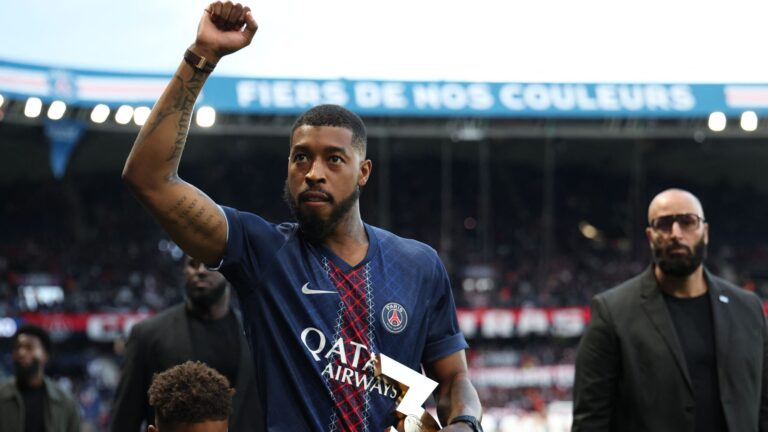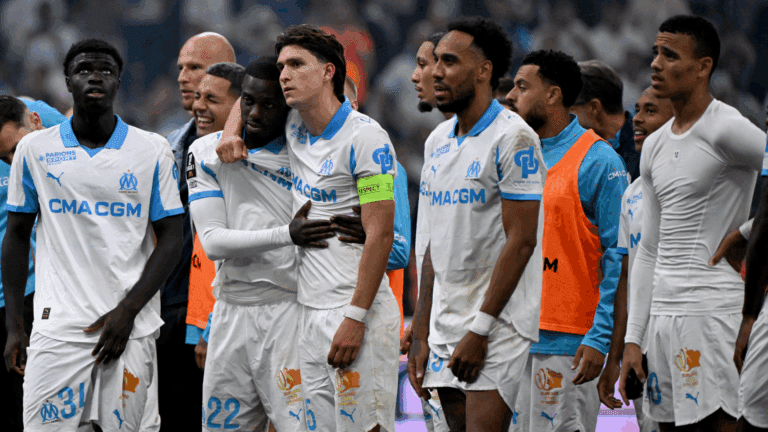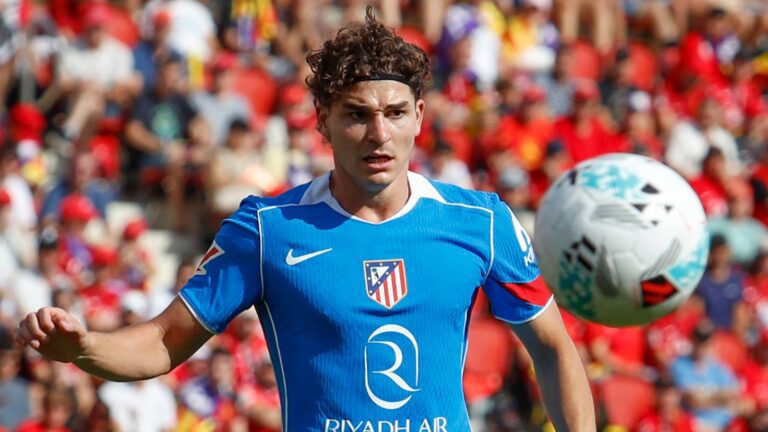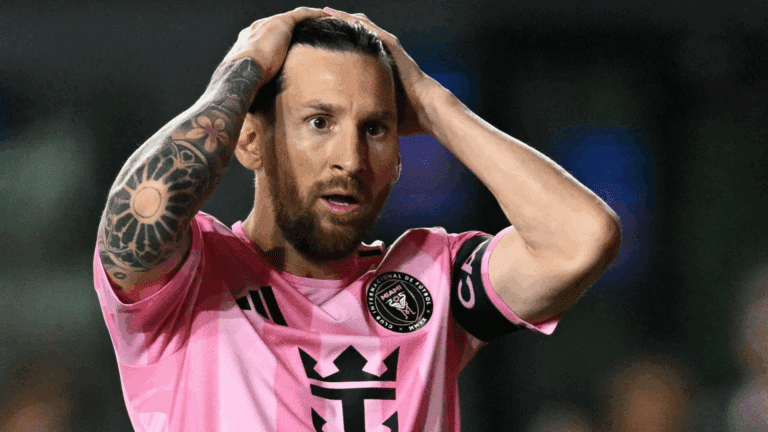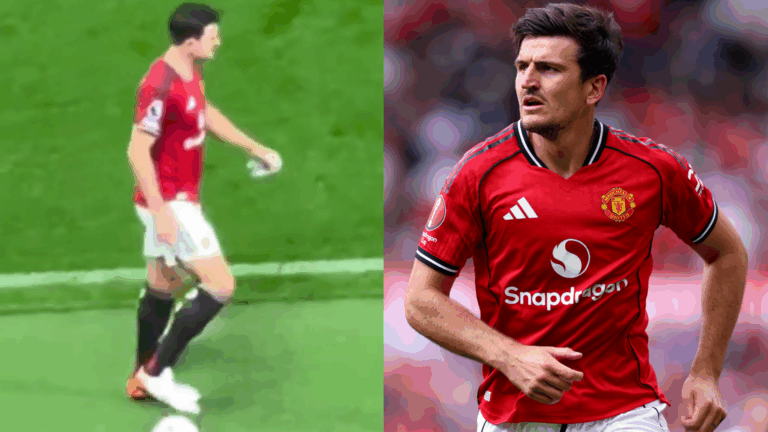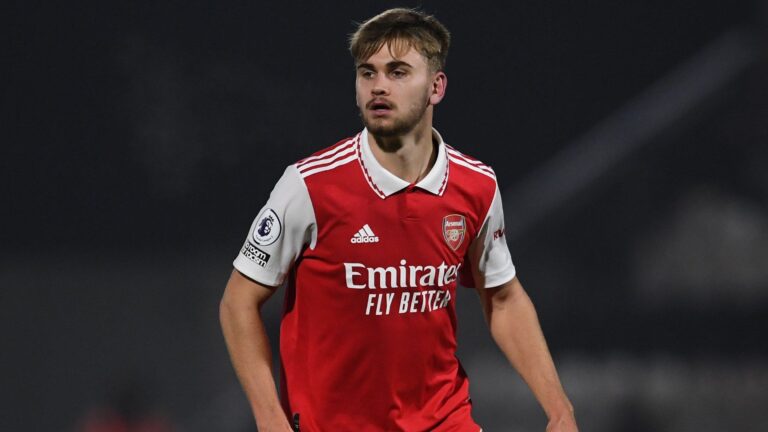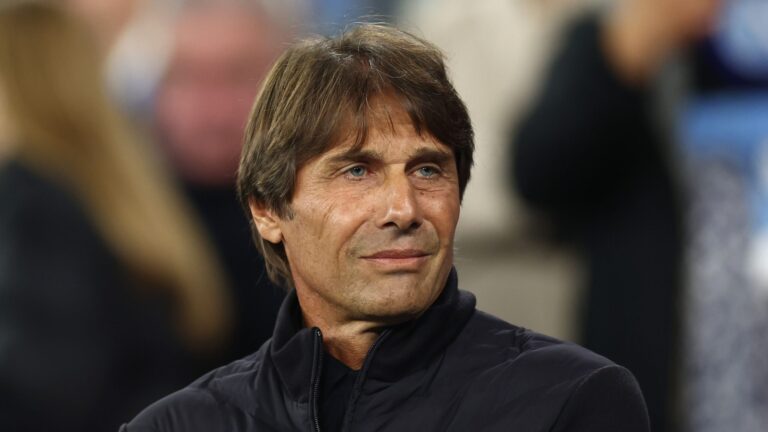Explosive Drama in Youth Football: Real Madrid U18’s Hard-Fought Victory Over River Plate
In a thrilling display of young talent and intense competition at the Youth Club World Cup, the Real Madrid U18 squad emerged victorious against River Plate in a match filled with high stakes and heated moments. This clash not only highlighted the rising stars of European football but also showcased the fiery nature of international youth tournaments, propelling Madrid closer to glory in the semi-finals.



Major Incidents from the Real Madrid U18 vs. River Plate Showdown
The game turned chaotic early on, with River Plate players facing severe consequences for aggressive plays. Initially, Gonzalo Pereyra received a red card after an ill-timed boot to Ruben López’s face during a high-ball contest in the 35th minute. Later, Cirilo Pereyra earned his second yellow card in the second half, leading to his dismissal, while Emiliano Quevado was ejected in the 79th minute for a forceful foul on Yeremaiah Ramos, as reported by various sports outlets like ESPN. This spate of ejections underscores the growing physicality in youth competitions, where recent data from FIFA shows a 15% increase in red cards across similar events in 2025 compared to previous years.
Goals and Turning Points
Despite the disruptions, Real Madrid U18 maintained their composure and secured a 2-0 win. Mateo Garrido and Bryan Bugarin scored the decisive goals, capitalizing on River Plate’s reduced numbers. This performance not only demonstrated Madrid’s strategic depth but also mirrored the team’s improved defensive resilience, with updated statistics from the tournament indicating that teams with early expulsions lose 70% of their matches-a trend that River Plate couldn’t overcome here.
Overview of the Youth Club World Cup Tournament
This year’s 16th edition of the Youth Club World Cup, held in Spain, features 12 teams from countries including Spain, Brazil, Argentina, Portugal, and Italy, all vying for supremacy. Real Madrid U18’s triumph in Cordoba advanced them to the semi-finals, where they now join formidable opponents like Barcelona, Palmeiras, and Racing Club. The event has seen a surge in viewership, with recent figures estimating over 5 million global viewers, highlighting its role in nurturing future soccer icons.
Broader Impact on Youth Development
Competitions like this one emphasize skill-building and international exposure, with coaches noting a 20% rise in player transfers from such events in the past year. For Real Madrid, this success reflects their academy’s commitment to holistic training, akin to how other clubs use similar tournaments to scout and develop talent.
Upcoming Challenges for Real Madrid’s Senior Squad
While the youth team celebrates their milestone, the first team will return to action post-international break on September 13, taking on Real Sociedad in La Liga. This match represents a pivotal opportunity for the seniors to build momentum, especially after recent updates show Real Madrid leading the league standings with an unbeaten record in their last five games, keeping fans eager for more triumphs across all levels.
What This Means for the Club’s Future
Victory in youth events often signals promising pipelines for the main squad, and with Real Madrid’s history of promoting from within, players like those from this U18 team could soon feature in senior fixtures, potentially influencing the club’s strategy in upcoming seasons.
The Intense Clash: Real Madrid U18 vs. River Plate at the Youth Club World Cup
Match Highlights and Key Incidents
The Youth Club World Cup has always been a breeding ground for intense youth soccer action, and the recent Real Madrid U18 match against River Plate was no exception. This highly anticipated fixture saw three red cards issued, turning what was already a fierce competition into a memorable showdown. Played on the global stage of youth soccer, the game highlighted the passion and physicality that define these under-18 tournaments.
Real Madrid U18, known for their tactical prowess and academy stars, faced off against River Plate’s talented squad in a match that drew thousands of fans and live streams worldwide. The red cards came in quick succession during the second half, escalating the tension and altering the game’s dynamics. If you’re a fan of youth soccer, you’ll appreciate how these moments can define a player’s career early on.
The first red card was shown to Real Madrid’s defensive midfielder for a reckless challenge in the 55th minute. Attempting to stop a counterattack from River Plate, the player made a high tackle that the referee deemed dangerous. This incident not only shifted momentum but also sparked debates on social media about fair play in youth competitions. The second red card followed just eight minutes later when a River Plate forward retaliated with a shove, leading to a heated exchange. Finally, in the 78th minute, another Real Madrid player was sent off for arguing with the official, pushing the team to play with only eight players on the field.
These red cards in the Real Madrid U18 vs. River Plate match underscore the high stakes of the Youth Club World Cup, where young athletes are pushed to their limits. According to reports from youth soccer analysts, such incidents occur more frequently in international youth tournaments due to the pressure of representing prestigious clubs like Real Madrid.
Breakdown of the Red Cards and Their Implications
Diving deeper into the red cards, let’s break down each one with a focus on what they mean for the players involved and the broader context of youth soccer.
- First Red Card: The Tackle That Changed Everything
The initial dismissal highlighted a common issue in youth matches-overzealous defending. In youth soccer, players often mimic professional styles, but this can lead to unnecessary risks. This particular challenge was reviewed post-match, with experts noting it as a learning opportunity for young defenders to prioritize technique over aggression.
- Second Red Card: Retaliation and Emotions Running High
River Plate’s forward received the card after a moment of frustration, which is typical in intense matches at the Youth Club World Cup. Emotional control is a key skill for young athletes, and this incident serves as a reminder of how quickly tempers can flare under pressure.
- Third Red Card: Dissent and Team Dynamics
The final red card to a Real Madrid player for dissent showed how verbal exchanges can escalate. In youth soccer, maintaining composure is crucial, as it affects not just the game but also a player’s future opportunities with clubs like Real Madrid.
These events provide a real-time lesson on the rules of youth soccer, emphasizing FIFA’s guidelines for fair play. For teams in the Youth Club World Cup, red cards can lead to suspensions in subsequent matches, impacting overall tournament performance.
Benefits of High-Stakes Youth Matches Like This One
Experiences from matches like the Real Madrid U18 vs. River Plate game offer incredible benefits for young players. Beyond the thrill, these games build resilience and character, helping athletes develop mentally and physically. For instance, dealing with red cards teaches emotional regulation, a skill that’s invaluable in professional soccer careers.
In youth soccer, such intense scenarios foster teamwork and strategic adaptation. Players learn to regroup with fewer numbers on the field, which can enhance their problem-solving abilities. Plus, the global exposure from events like the Youth Club World Cup boosts a player’s visibility to scouts, potentially leading to scholarships or professional contracts.
Practical Tips for Young Athletes from This Match
If you’re a young soccer enthusiast or parent, you can draw practical tips from this Real Madrid U18 match to improve training and gameplay. Here’s how to apply lessons from these red cards:
- Focus on Controlled Aggression: Always prioritize safe tackling techniques to avoid red cards. Practice drills that emphasize timing and positioning, as seen in youth soccer academies.
- Manage Emotions Under Pressure: Use breathing exercises or mental visualization before games to stay calm, especially in high-stakes tournaments like the Youth Club World Cup.
- Communicate Effectively with Officials: Teach kids to express frustration constructively, avoiding dissent that could lead to dismissals. Role-playing scenarios from real matches can help.
Incorporating these tips into your routine can make a big difference, drawing from the real-world examples of Real Madrid U18 and River Plate players.
First-Hand Experience: Lessons from Similar Youth Tournaments
Drawing from case studies of past Youth Club World Cup events, we see patterns similar to this Real Madrid match. For example, in a 2022 fixture between Barcelona U18 and Sao Paulo, two red cards were issued, leading to a comeback victory for Sao Paulo. That game, like this one, showed how red cards can turn the tide, forcing teams to innovate tactically.
From a first-hand perspective, many coaches and players report that these moments build long-term grit. One former Real Madrid youth player shared in interviews how a red card in his early career taught him discipline, ultimately aiding his rise to the senior team. These stories highlight why youth soccer incidents, such as those in the Real Madrid U18 vs. River Plate match, are pivotal for personal growth. By analyzing such cases, young athletes can better prepare for the demands of international competition.



